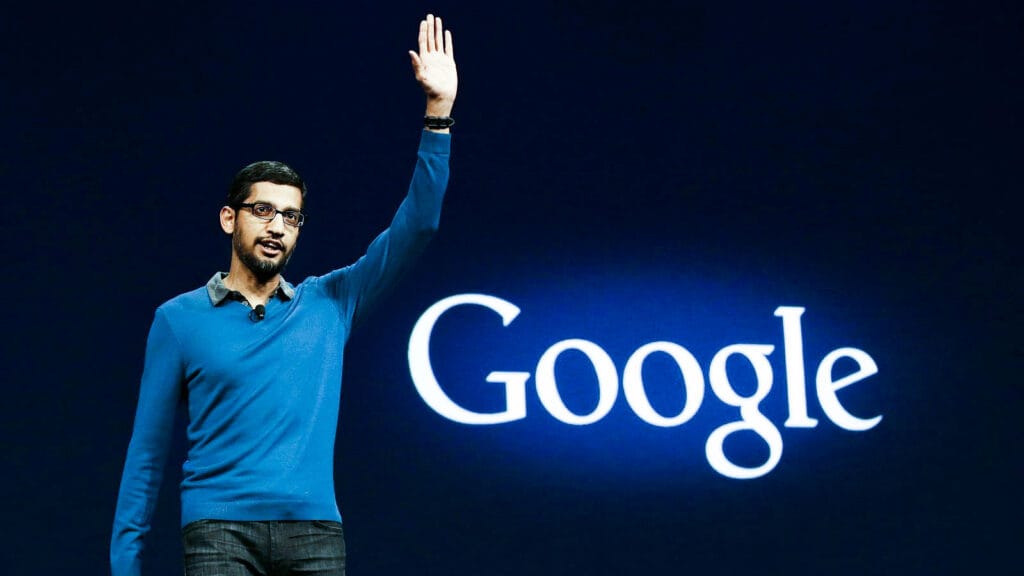Online Harms Bill, Google Changes Privacy on Phones, New CEO at Conexon Connect
The online harms bill comes after Facebook whistleblower testimony and lawmakers calling for more online protections for children.
Theadora Soter

February 17, 2022 – A bipartisan bill intending to protect children under the age of 16 from online threats was introduced Wednesday.
The Kids Online Safety Act, which was introduced by Senator Richard Blumenthal, D-Conn., and Senator Marsha Blackburn, D-Tenn., would force social media platforms to take responsibility for their negative effects on children.
The bill will require social media companies to protect minors from being discovered on platforms, along with any of their personal information. Furthermore, the legislation will require platforms to give guardians control over their child’s use of social media and will be able to block certain content and limit screen time.
The legislation comes nearly five months after Frances Haugen, a former data scientist at Facebook, released internal company research about the effect social media platforms, specifically those of Instagram, have on children. The studies released showed an increase in children of eating disorders, suicidal ideation and body negativity.
In May last year, senators introduced bipartisan legislation that would extend greater online consumer protections to minor, including making it illegal for companies to collect data from anyone 13-15 years old without their consent.
Later that year, Facebook agreed to suspend development of an “Instagram for Kids” after urging from members of Congress.
Google changes privacy regulations on Android phones
Alphabet’s Google announced Wednesday that it will remove ad trackers on its Android smartphones operating systems as a way to keep user information safe.
The company said it will remove from Android phones advertising ID, which is a specific code that is assigned to each Android device that allows for companies to advertise based on a device’s specific likes and dislikes.
While Google did not release a specific timeline on when these changes will be made, the company did state that it will continue to use current operating systems on Android smartphones for at least the next two years. By extending the timeline, Google said it hopes the changes will be less disruptive to users in the future.
The announcement comes after a recent upswing of users advocating for consumer privacy on their smartphones and other forms of technology.
Conexon Connect has new CEO
In a press release Wednesday, Randy Klindt, co-founder of Conexon, a fiber network design and construction company based out of Kansas City, Missouri, was named CEO of Conexon Connect, an internet service provider subsidiary of Conexon.
Klindt has over 20 years of experience with fiber and is credited with designing cost efficient fiber-to-home structures that electric co-ops use today, the release said.
Conexon Connect, which was established in 2021, is currently in the process of distributing 35,000 miles of fiber to nearly 265,000 rural buildings, with the help of growing electric cooperative partnerships across the country.
“Conexon was formed six years ago with the purpose of helping rural cooperatives fulfill their mission of improving lives and communities through bringing critically needed high-speed internet to members,” Klindt said in a press release. “Today, our purpose is unchanged. Connect represents the next evolution of our businesses, offering a different partnership model for co-ops that enables them to focus on their core business while relying on us to serve their members with world-class broadband. “








Member discussion